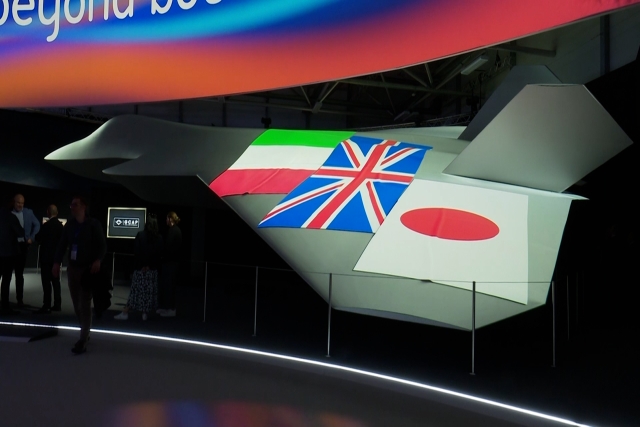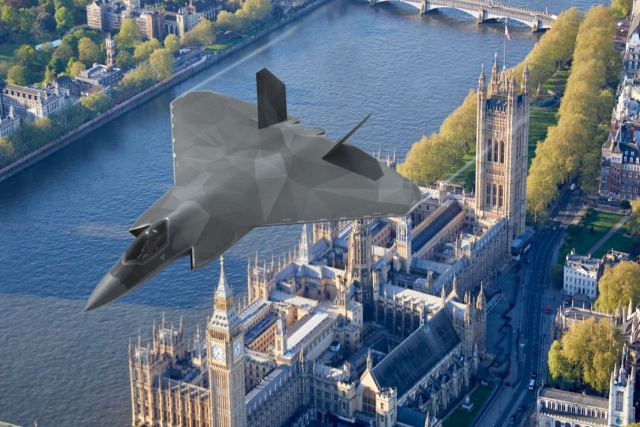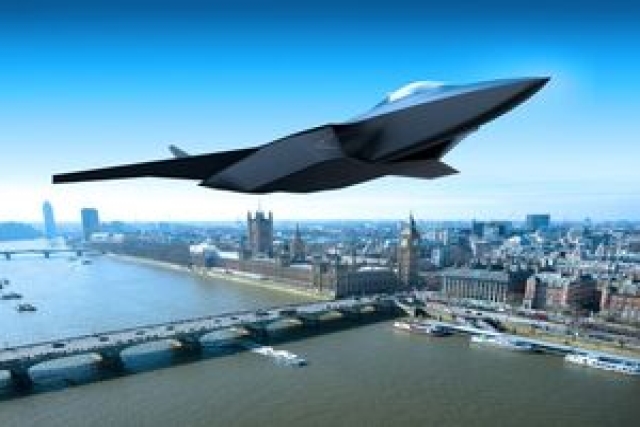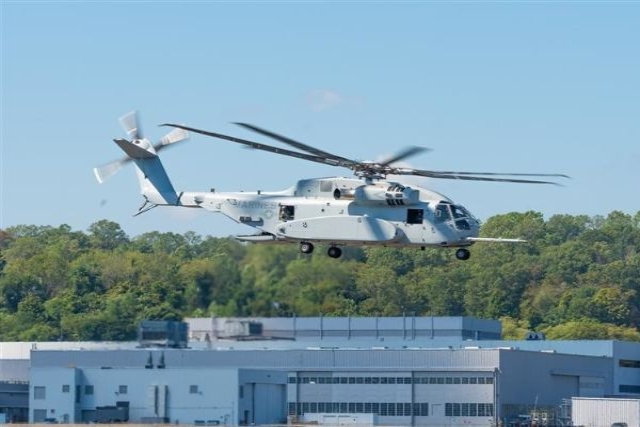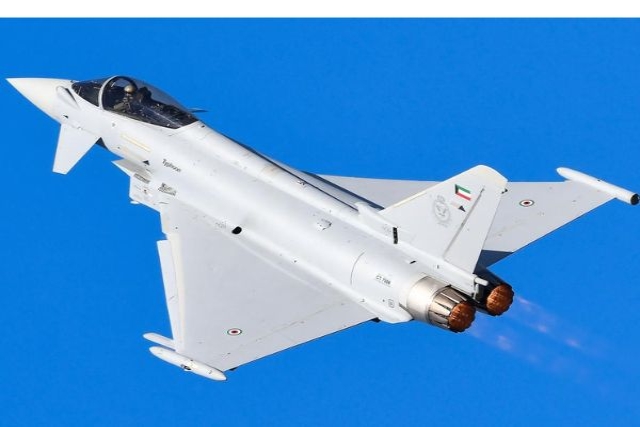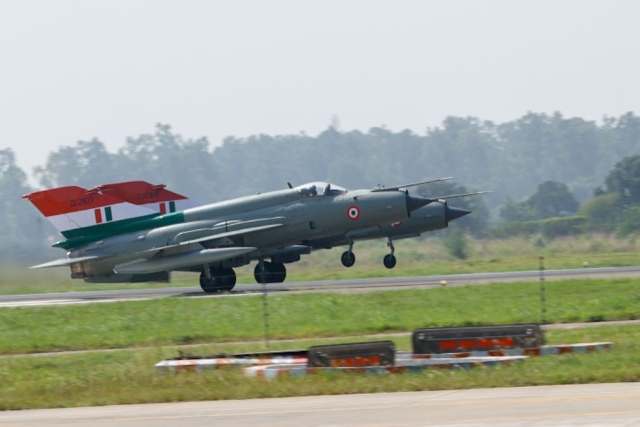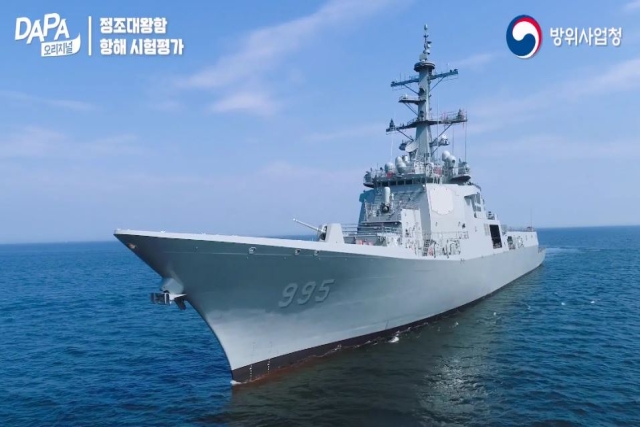Japan Seeks India's Participation in Sixth-gen Fighter Project
Tokyo seeks to expand Global Combat Air Programme partnership amid rising costs and regional security goals
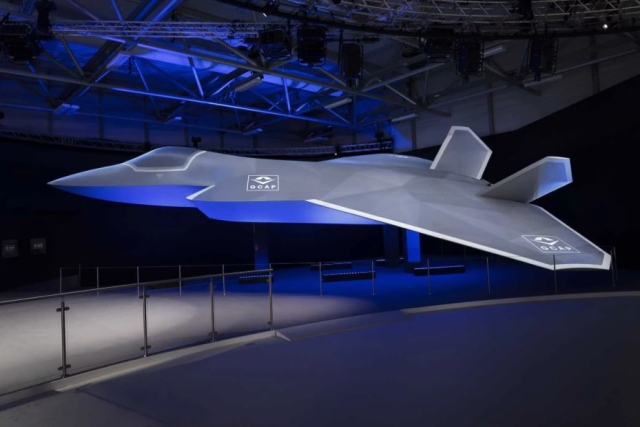
Japan has approached India to join a multinational program developing a next-generation fighter jet, aiming to broaden collaboration in the Global Combat Air Programme (GCAP) currently led by Japan, the United Kingdom, and Italy, a Japanese government source confirmed on April 30.
Officials were quoted as saying by Kyodo News that increasing the number of participating countries is seen as a way to share the enormous development costs of the sixth-generation fighter, which is expected to enter service by 2035. Japan also hopes to deepen defense ties with India as part of a broader Indo-Pacific security strategy.
In February, Japanese officials visited New Delhi to present the GCAP framework to Indian authorities, highlighting possible roles within the project. India’s government, under its "Make in India" initiative, has shown interest in bolstering domestic defense manufacturing, though sources noted that India’s long-standing defense ties with Russia and its tensions with Pakistan complicate decision-making.
Japan’s initiative follows similar outreach to Saudi Arabia, which has expressed a desire to join GCAP if its local industrial requirements are met. However, Japan has raised concerns about Saudi participation, warning it could delay the project and complicate defense export rules. Italy and the United Kingdom have taken a more flexible stance, while discussions between Italy and Saudi Arabia have continued into 2025.
GCAP was launched in December 2022 by merging Japan’s Mitsubishi F-X project and the U.K.’s BAE Systems Tempest program. The partnership was formalized with the creation of the Global Combat Air Programme International Government Organisation (GIGO) in December 2023. GIGO, headquartered in the United Kingdom, oversees collaboration among the three nations, with key roles assigned to BAE Systems, Mitsubishi Heavy Industries, and Leonardo.
The fighter is expected to feature low observability, internal weapons bays, long range, and advanced sensor systems. BAE is building a demonstrator aircraft with a first flight set for 2027. Japan revised its arms export rules in 2024, allowing GCAP aircraft sales to third countries under strict conditions, which could include India if the program expands.
It remains unclear how India’s participation might be structured or whether all existing GCAP partners will agree to an expansion.

